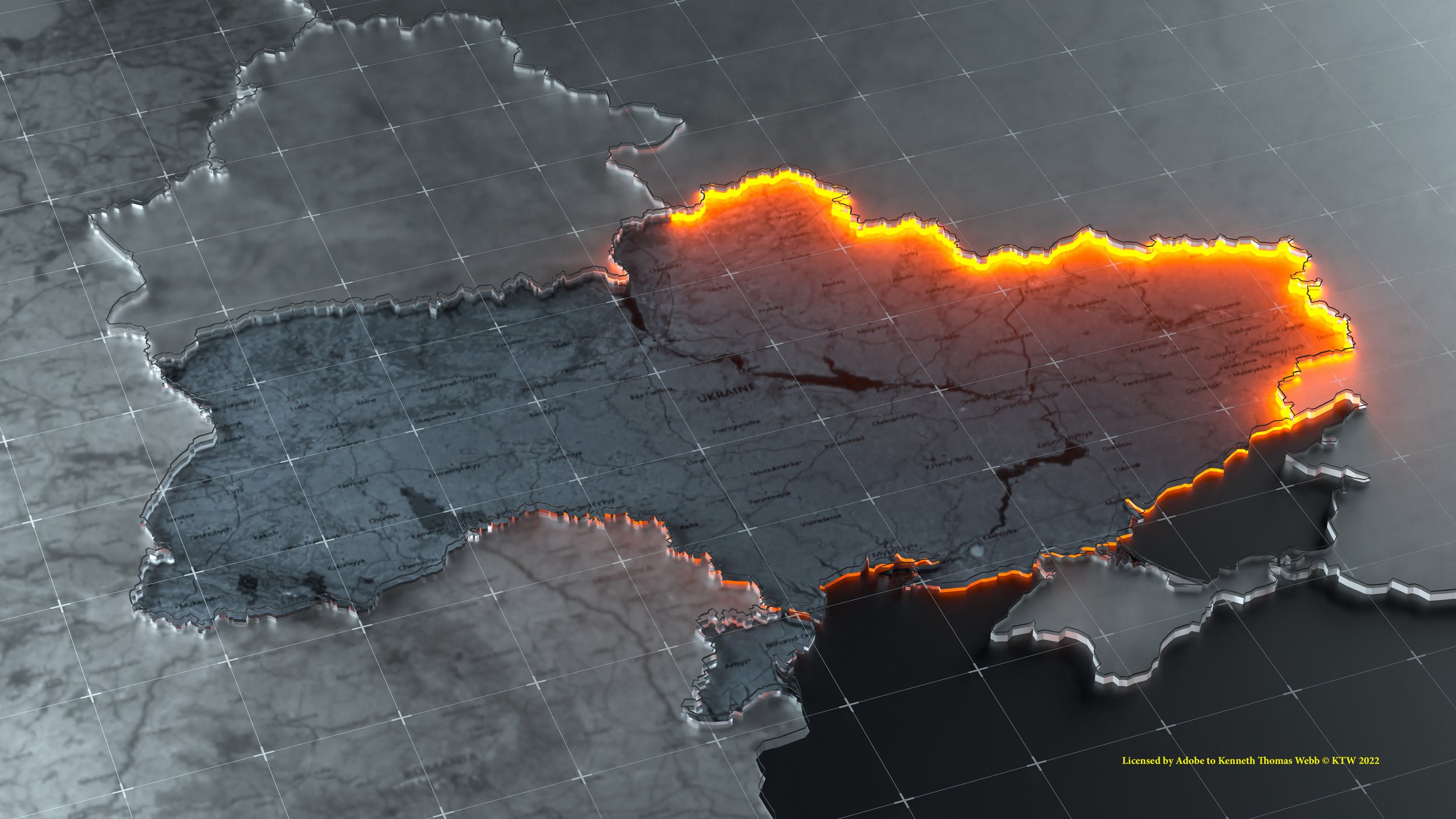Ukraine Dispatch 40 | The Ukrainians Were Showing an Unexpected Resilience That Incensed Putin and his Cronies

Defiance
The British were showing an unexpected resilience that incensed Hitler and his cronies.
Part I
This is a quotation direct from John Nichol’s celebrated Work on The Spitfire and it caught my eye on page 81 this morning, as I watched the reports by the embedded BBC journalists on the brutal Front Line in the War in Ukraine in the city of Bakhmut, Ukraine.
In a millisecond, I had, in my head re-read this as …
The Ukrainians were showing an unexpected resilience that incensed Putin and his cronies.
Today, the future hangs in the balance again.
Putin has no thought or interest in life, this planet, in helping the world to combat climate change. He has one aim. In his twisted mind, to rewrite history, to recreate the former USSR, to bring about again his beloved and totally corrupt, viciously cruel totalitarian Soviet Union. Bluntly, he announced during Christmas week that it was his intention to create a new World Order. Simply put, his every strategy is to goad NATO because the man wants nothing less, nothing more than global war. Today he cynically declares a Christmas Truce for 36 hours (Russia goes by a different calendar).
Very, very dangerous days for all of us lie ahead.
Part II
This morning, my eye caught this report,
this dispatch by the BBC Journalist embedded in Ukraine, Quentin Somerville
and is dated 22 December 2022
entitled
The Making of a young Hero of Ukraine.
I remember vividly Quentin’s initial conversation with Lieutenant Eugene Gromadskyi. Eugene’s fluent English enabled me to fully grasp what Ukraine was up against and to realise beyond doubt that this was no mere military operation but a full-scale unprovoked Invasion by an Aggressor. I remember the images captured and I am indebted to the Cameraman Darren Conway. We have seen throughout the War, both Somerville and Conway under fire.
Reading Quentin Somerville’s dispatch was a great relief, not least because I often wondered what had become of the young officer I had seen confidently talking on cam in that white landscape at the beginning of the War.
It is an account that is moving, and compelling, bringing the reader face-to-face with the viciousness of the War in Ukraine.
It shows us the Churchillian figure of President Zelenskyy decorating Lieutenant Gromadskyi with Ukraine’s highest Award as Hero of Ukraine.
Part III is appended here merely so that Dispatch 40 makes structural sense. It can, though, be ignored.
Part III
I wore this style uniform which Dewis captures perfectly in the greyness of the blue. Too often, I see portrayals of bright blue uniforms and think, I don’t know, mine didn’t seem to be that bright. Mine was more grey-blue. He captures, superbly, the Mess as I knew it during my military reserve between 1974-1991. A different world, then.
We would often ‘catch the papers’ by making sure we had tea at 5 pm even though we’d formally dine at 7 pm. 5 pm tea meant things like toast and peanut butter. Great! The large drawing rooms that we then used had something of a library atmosphere. Quiet, studious. We did not talk loudly. Scattered about the armchairs and settees, we chatted quietly. Papers would be swapped. Anecdotes are given, someone recalls an incident that had happened on the range or on the flight line. If a senior officer, say, the station commander or an air-officer-commanding entered, we quietly stood without a word holding our papers but no sooner were we six to eight inches out of the chair, than a silent hand, low down, would beckon us to remain seated, relaxed, a faint smile of acknowledgement. The point had been noted. We had shown our respect, and our commander had made it clear he wished not to disturb our peace.
I speak of course of a time I suspect that has long passed into history, for visits to RAF stations these days are not quite the same.
Here, the Artist-Photographer has recreated with superb accuracy every aspect of those fateful days when the future of the World hung in the balance.
5 January 2023
All Rights Reserved
© Kenneth Thomas Webb 2023
This portrait is by Glynn Dewis and further examples of his work, and the work of Westcott University can be found here.
Ken Webb is a writer and proofreader. His website, kennwebb.com, showcases his work as a writer, blogger and podcaster, resting on his successive careers as a police officer, progressing to a junior lawyer in succession and trusts as a Fellow of the Institute of Legal Executives, a retired officer with the Royal Air Force Volunteer Reserve, and latterly, for three years, the owner and editor of two lifestyle magazines in Liverpool.
He also just handed over a successful two year chairmanship in Gloucestershire with Cheltenham Regency Probus.
Pandemic aside, he spends his time equally between his city, Liverpool, and the county of his birth, Gloucestershire.
In this fast-paced present age, proof-reading is essential. And this skill also occasionally leads to copy-editing writers’ manuscripts for submission to publishers and also student and post graduate dissertations.






